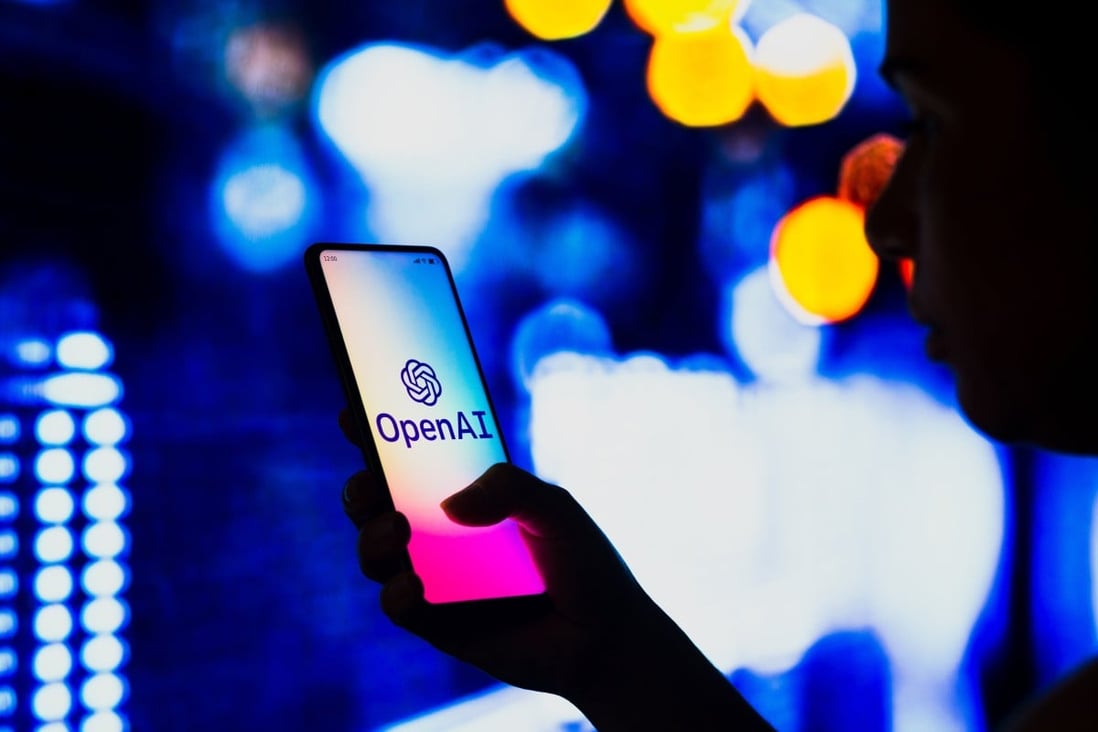April Zhang

In 1932, Aldous Huxley published his masterpiece Brave New World, describing a world where technology is highly advanced and environmentally engineered people get their happiness from consumption, sports, sex, and a pleasure drug called soma. He wanted to warn us of the advancement of machines.
This month, a mixture of the Fifa World Cup, the Harry & Meghan Netflix documentary series and the AI-powered ChatGPT reminded me of his scientific dystopian world. I wonder what Huxley would say if he were still alive today.
He would probably consider the World Cup and the Harry & Meghan series perfect examples to prove his farsightedness. Up to 1.5 billion people may have watched the World Cup final, according to estimates of global viewership. Some 28 million households watched the first volume of Harry & Meghan series within four days of its release.
Although Huxley saw the danger of scientific advancement, he didn’t foresee a world where technology can do jobs that used to be performed by humans. In Brave New World, people are bred and engineered to work and there is no place for the jobless. In this aspect, he would have to catch up with what technology can do and reimagine his world accordingly.
Over the years, industrial robots have gradually replaced assembly-line workers. A decade ago, computer software gradually replaced book-keepers and website designers. Now, artificial intelligence has demonstrated its potential to replace a host of other professions, such as knowledge workers and artists.
Early this month, we were blown away by ChatGPT, a human-like chatbot powered by AI. It is able to give detailed explanations across many domains of knowledge. It can generate essays, poems, love letters and plays. It can also help people with their existential questions.
Although it does still make mistakes, ChatGPT has shown a broad expertise that few humans could ever achieve. Not only that, few could compete with its availability and affordability. Within a week of its release, ChatGPT offered its services to more than a million users free of charge.
ChatGPT is exciting. At the same time, it could also be seen as scary as it foreshadows a dark outlook for humans. This is probably why stories about it often embed an optimistic notion that humans cannot be replaced because ChatGPT doesn’t really know anything. It’s only an AI that is trained to recognise patterns.
It is true that not all humans can be replaced by AI, but many can. That is why some people are speculating that the jobs of writers, professors and journalists are at risk.
What would Huxley say when a large number of humans are no longer needed for work? In Brave New World, he envisioned a social hierarchy that is intelligence-based. Smarter, more knowledgeable people are placed at higher levels. He believed knowledge was power.
This belief still holds true today, only it is AI that is the most knowledgeable and its ability to learn seemingly has no limits. Hence, Huxley would have to make either AI or companies that control AI the ruler of the world.
The thorny issue is what he could do with people who are no longer fit for work. He would have to ensure their happiness so they won’t be a threat to society. Given that the world population has exceeded 8 billion, he would have a lot of think about.
‘No cause for fear’: UN warns against ‘alarmism’ as global population nears 8 billion
A straightforward way out would be soma, which allows people to drift pleasantly through life. It is effective for dealing with depression, anger, negative thoughts, a lack of higher meaning or joblessness. An infinite supply of soma is a must.
Huxley might point out that his work is not science fiction after all since we have already displayed traits of his reimagined world. Tech giants such as Google, Amazon and Meta already control the world to some degree. ChatGPT’s developer OpenAI will definitely join them.
Also, drug use is already prevalent in advanced societies. One recent example is that Hong Kong police seized HK$97 million (US$12.5 million) worth of cocaine and a jobless 38-year-old man was arrested. Clearly, Huxley would be right.
No comments:
Post a Comment